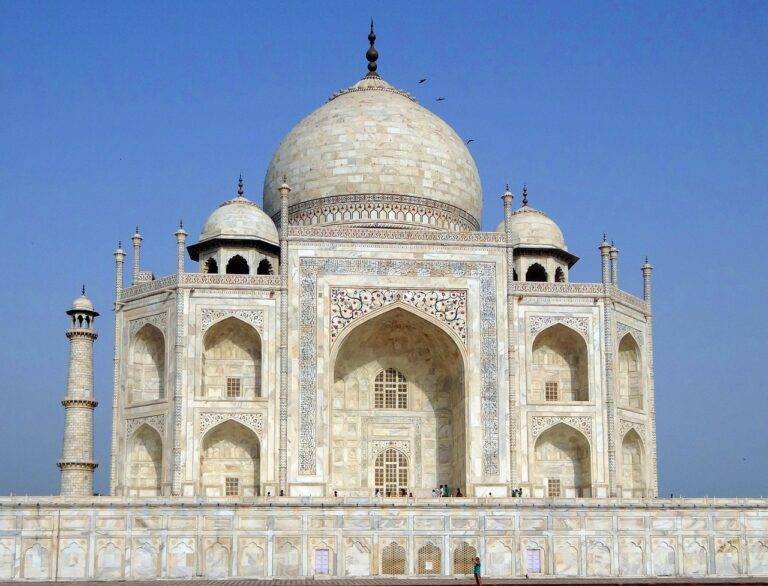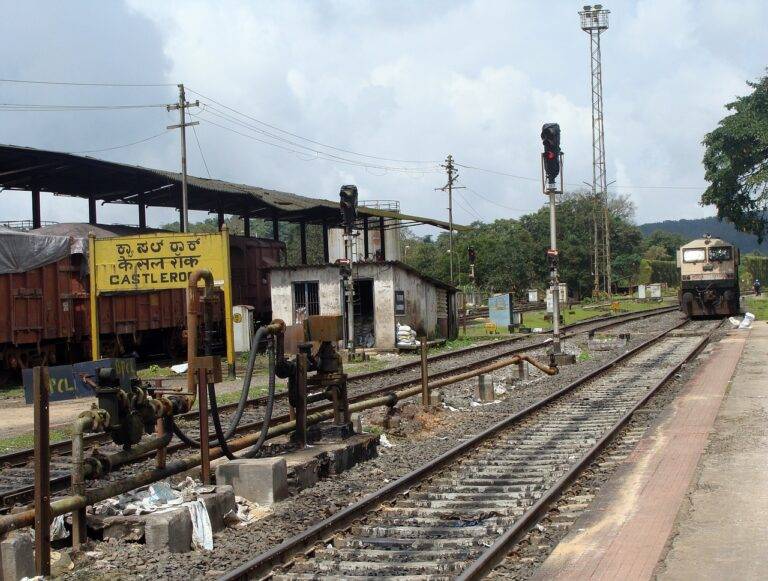The Role of Political Parties in Mobilizing Voters
Political parties play a crucial role in voter mobilization, employing various strategies to encourage citizens to participate in the electoral process. One of the main ways they achieve this is through door-to-door canvassing and outreach campaigns in local communities. By directly engaging with voters and addressing their concerns, parties can build rapport and trust, ultimately motivating them to go out and cast their ballots on election day.
Furthermore, political parties utilize digital platforms and social media to reach a broader audience and disseminate their messages effectively. Through targeted advertising and online campaigns, they can connect with younger voters who are more likely to engage with political content on digital platforms. By leveraging technology, parties have the opportunity to amplify their voter mobilization efforts and engage with a diverse range of constituents.
Historical Background of Political Parties
Political parties have a rich historical background that dates back to ancient times. One of the earliest recorded political parties was the Roman Republic’s factions, the Populares and the Optimates, who represented the common people and the elite, respectively. These factions laid the foundation for organized political groups in the centuries to come.
As civilizations evolved, so did the concept of political parties. In the 17th and 18th centuries, modern political parties began to take shape in countries like England and the United States. The emergence of parties such as the Whigs and Tories in England laid the groundwork for the multi-party systems we see today in many democratic nations.
When did political parties first emerge in history?
Political parties first emerged in the United States in the late 18th century, with the Federalist Party and the Democratic-Republican Party being the first two major parties.
What is the role of political parties in voter mobilization?
Political parties play a crucial role in mobilizing voters by raising awareness about political issues, endorsing candidates, and organizing campaign events to rally support for their party.
How has the historical background of political parties influenced modern politics?
The historical background of political parties has shaped the way parties operate and compete in modern politics, influencing strategies, platforms, and voter engagement tactics.
How have political parties evolved over time?
Political parties have evolved from small factions into large, organized entities with distinct ideologies, structures, and methods of mobilizing support from the electorate.
Why are political parties important in a democratic society?
Political parties are important in a democratic society because they provide a platform for competing ideas, facilitate citizen engagement in the political process, and help ensure a smooth functioning of government.





